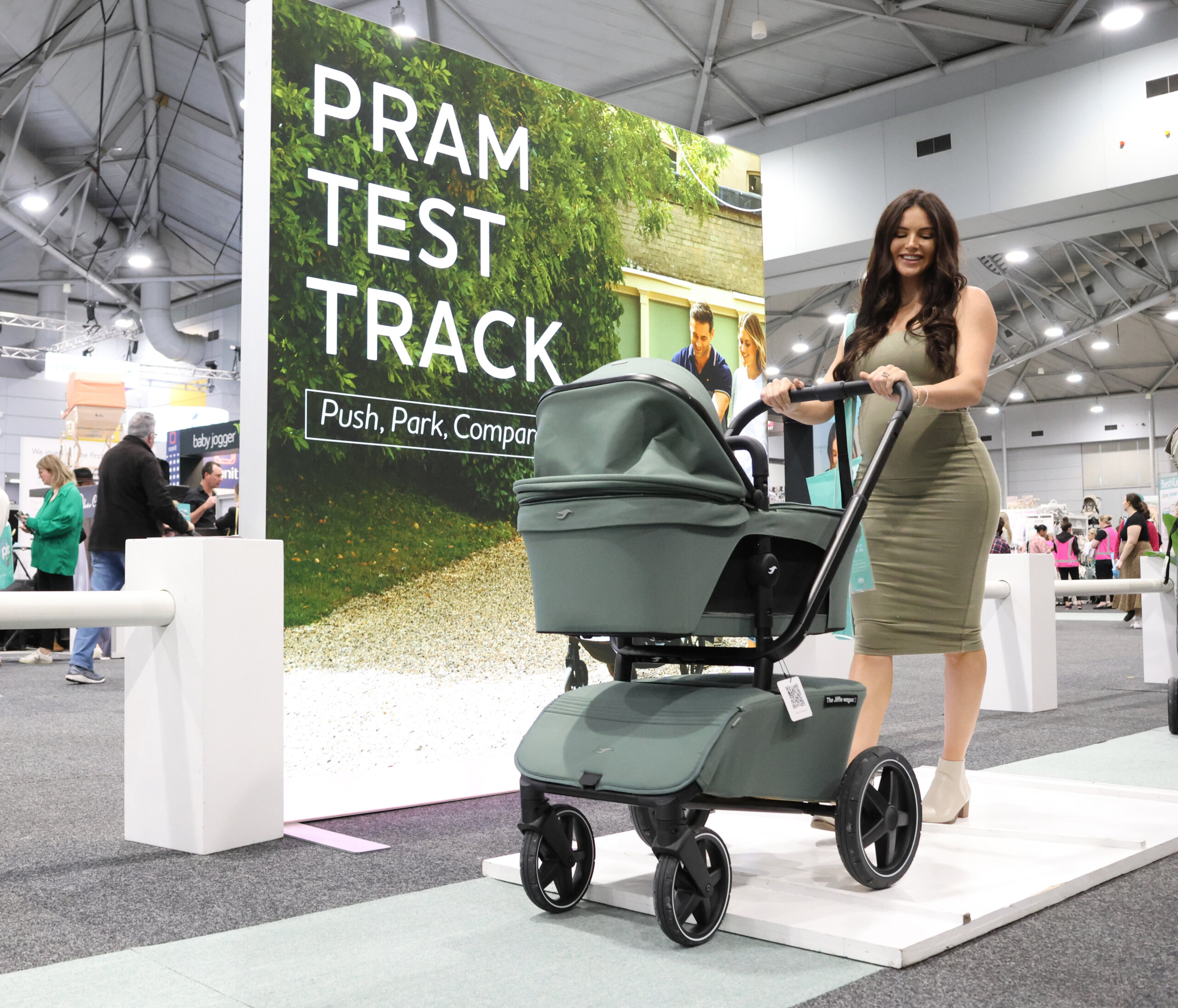Very few babies and children were unwell with respiratory infections causing breathing difficulties during the last 2 years in Australia.
Preventive measures for COVID -like physical distancing, mask-wearing and isolation also helped stop the spread of other viral infections – the most common of these being RSV (Respiratory Syncytial virus), Rhinovirus (common cold)and Influenza (the flu)
Unfortunately, we are now seeing children who have never “met” these viruses before, have lowered immunity and seem to be getting really sick or repeated infections.
We are seeing a large number of infants, both in the community and in hospital, with bronchiolitis, predominately due to RSV ( Respiratory Syncytial Virus)
As a parent or carer, it is not important which virus is causing your infant to have breathing difficulties, HOWEVER, it is very important that you know what to look out for, when and where to seek help
WHAT IS RSV?
- RSV- Respiratory Syncytial Virus is the most common cause of respiratory and breathing infections in infants and young children.
- RSV can affect people of all ages and is usually a mild disease.
- However, RSV can also cause serious illnesses, particularly in infants <12 mths age, such as bronchiolitis and pneumonia
- Most kids <2 yrs old will be infected with RSV at some stage but you can get infected over and over again with RSV.
WHAT SHOULD I LOOK OUT FOR?
Cold-like symptoms usually occur first and then breathing difficulties may follow:
Your child may have one or more of these symptoms
- Runny or blocked nose
- Fever
- Coughing- worse over the first 4-5 days
- Wheezing and difficulty breathing –> this is a sign of bronchiolitis
WHAT IS BRONCHIOLITIS?
- Bronchiolitis is inflammation of the small airways in children < 12 months old
- Bronchiolitis is caused by viruses, most commonly RSV (Respiratory Syncitial Virus)
- Babies are usually sick for 7-10 days and maybe worst on day 3-5
WHAT TO LOOK OUT FOR
- Fast breathing
- Noisy breathing, sounding wheezy
- Increased effort of breathing
- Irritability and fever
- Difficulties eating and drinking – your infant may get dehydrated
WHEN SHOULD I SEE A DR OR GO TO THE HOSPITAL?
- Any baby < 3 months age who has a fever or is unwell
- If your baby is having trouble breathing
- If your baby isn’t feeding or drinking normally, they may have less wet nappies than usual
- If your baby is changing colour in the face when they cough
- If your baby is pale and sweaty
- If you are worried
Call an ambulance immediately if your baby is struggling to breathe or if their lips start to turn blue.
WHAT IS THE TREATMENT OF BRONCHIOLITIS?
- Your baby will need rest
- No specific medicines are used to treat bronchiolitis
- Your baby may benefit from paracetamol or ibuprofen if they are miserable with a fever and > 3 months old
- Antibiotics do not help in treating bronchiolitis (as it is a virus – antibiotics treat bacteria)
- Saline nasal drops or sprays may help clear the nasal passages of mucus which will help your baby breathe more easily
- Your baby may need help with drinking and feeding- giving small amounts of feed/drink more often can help
- Your baby may need oxygen- this is given in hospital
- If in hospital, your baby may need help with feeding via a drip and fluids or through a nasogastric tube
Resources:
https://www.rch.org.au/kidsinfo/fact_sheets/Bronchiolitis/
https://www.rch.org.au/kidsinfo/fact_sheets/Respiratory_syncytial_virus_RSV/
Instagram: @drlexifry
Disclaimer: The content in this article is not intended to constitute or be a substitute for professional medical advice, diagnosis or treatment. Always seek the advice of your doctor or other qualified health care professional. Moreover views expressed here are my own and do not necessarily reflect those of my employers or other official organisations.









